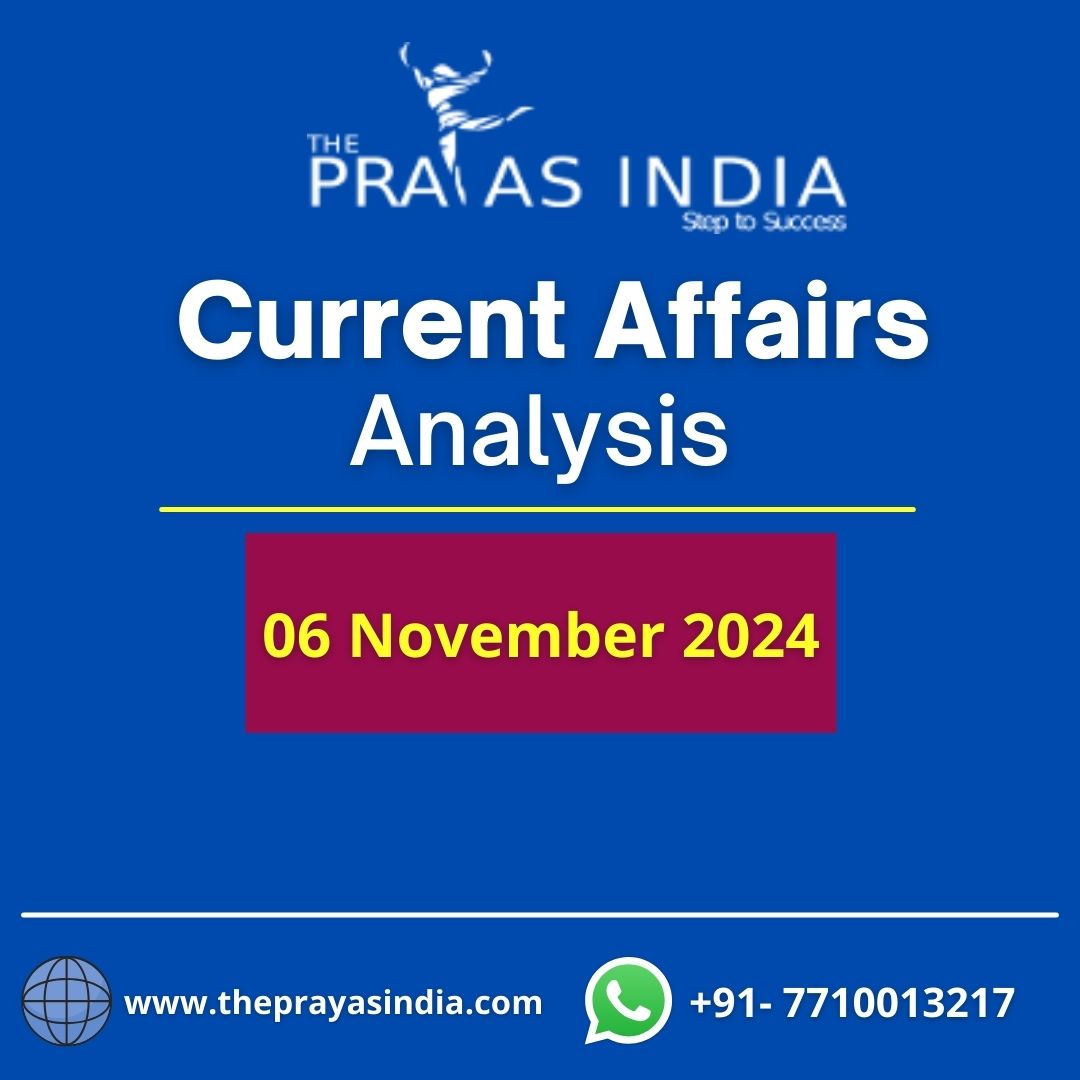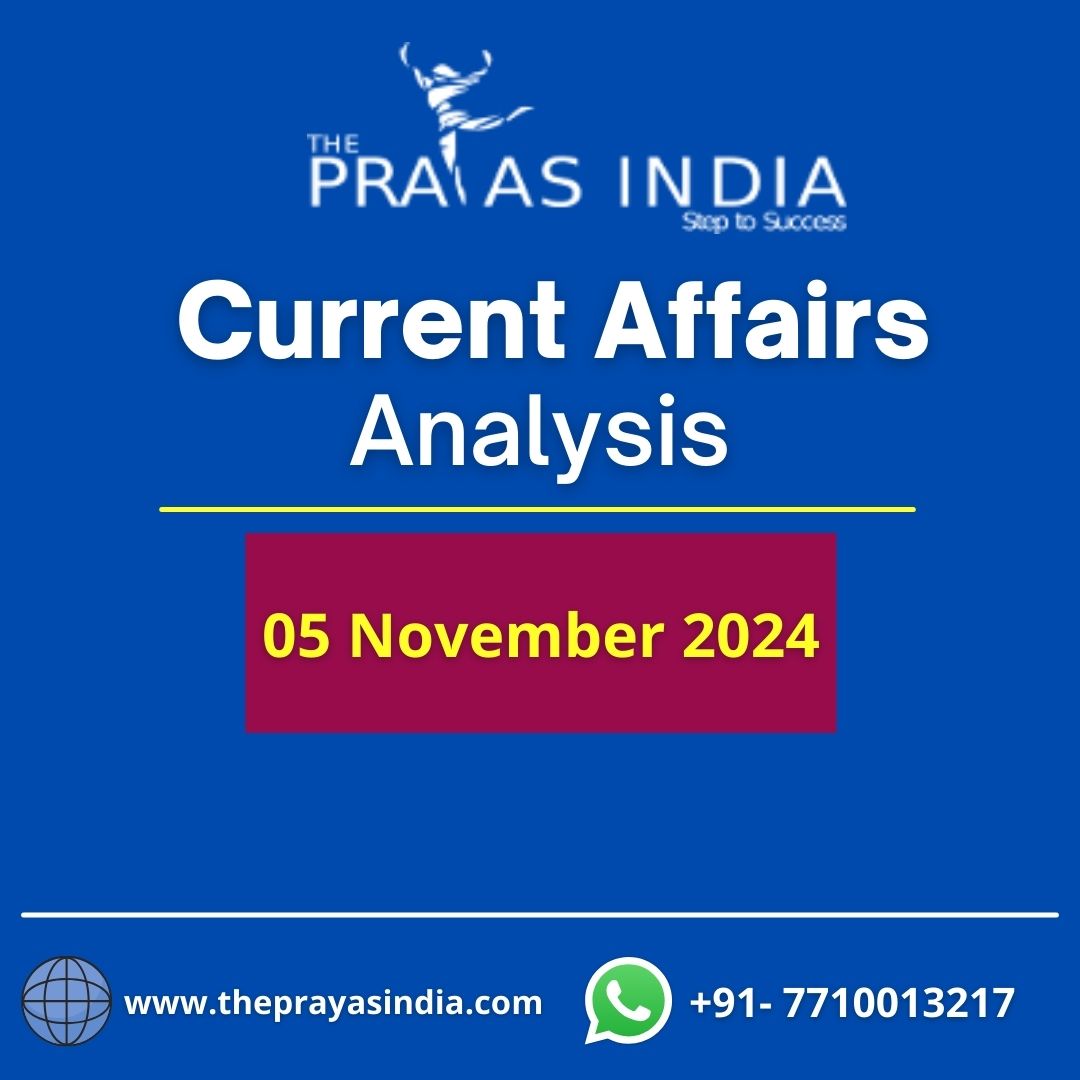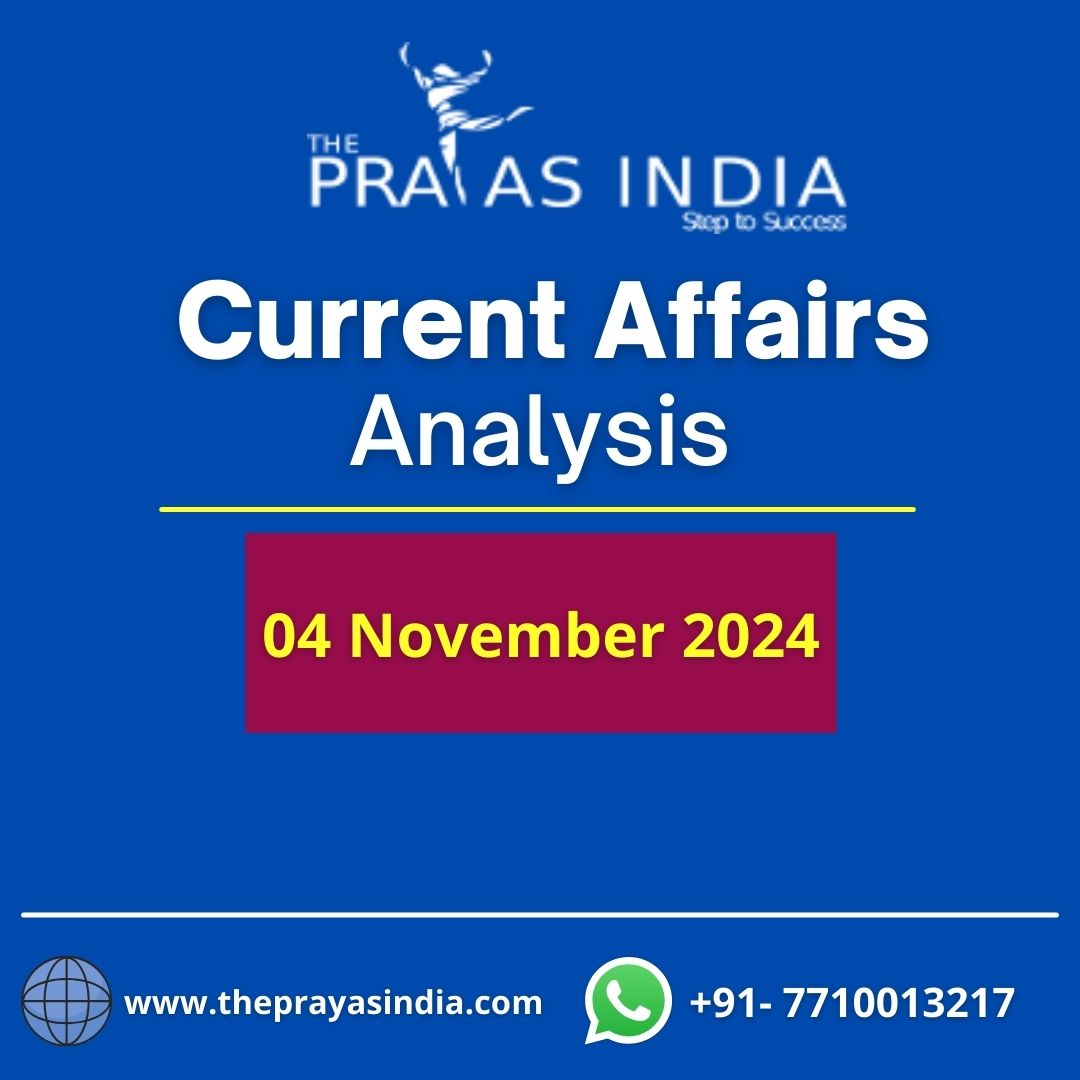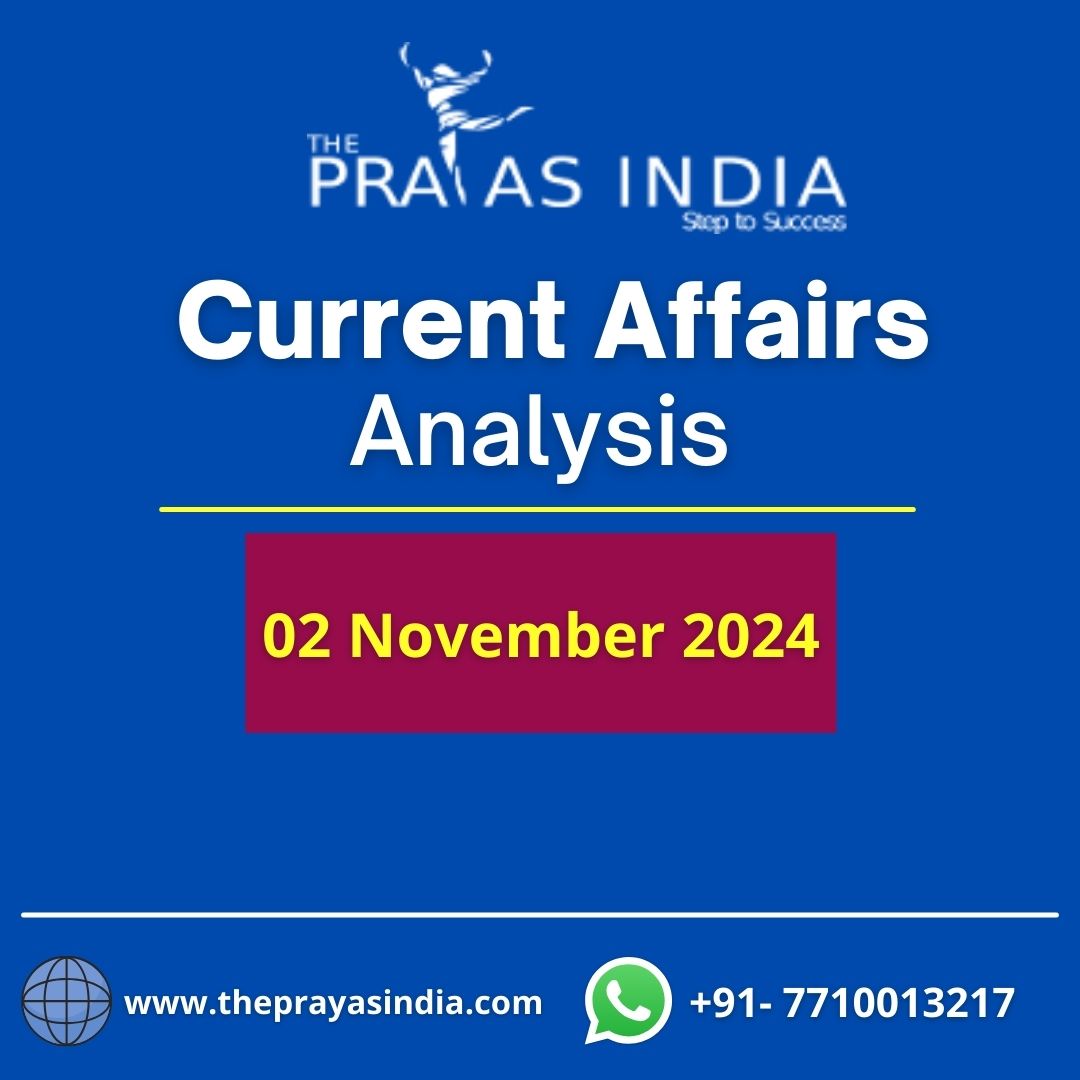DAILY CURRENT AFFAIRS ANALYSIS
| . No. | Topic Name | Prelims/Mains |
| 1. | Leader of Opposition | Prelims & Mains |
| 2. | Parliamentary Committiees | Prelims & Mains |
| 3. | Light Combat Helicopter | Prelims & Mains |
| 4. | Quantum Bit | Prelims & Mains |
1 – Leader of Opposition: GS II – Parliament-related issues
Context:
- Mallikarjun Kharge informed current party leader Sonia Gandhi of his resignation as the Leader of the Opposition (LoP) in the Rajya Sabha a few hours after submitting his paperwork for the Friday nomination for the Congress presidential election. Despite acting in accordance with the Udaipur statement of the Congress on the “one man, one task” mentality, Mr. Kharge wanted Ms. Gandhi to select the party’s Rajya Sabha nominee, according to a top LoP official who spoke to The Hindu. If Mr. Kharge becomes the party leader, he won’t want to pick his own replacement. The aforementioned source stated that he wants Ms. Gandhi to select the following LoP as soon as is practical.
Where did the term “leader of the opposition” come from?
- G V Mavalankar served as the Lok Sabha’s first Speaker. It is now common knowledge that Mavalankar’s rule designates the opposition leader in the chamber.
- Mavalankar’s system requires that the leader of the single largest opposition party hold at least 10% of the seats in the House (55 in the case of the current strength).
- A national political party has just declared that, due to a lack of supporters, it would not contest for the position of Leader of the Opposition in Parliament.
- The second-largest party in the house has only 52 members, which is three fewer than the necessary number.
What significant responsibilities are the opposition leader responsible for?
The leader of the opposition is responsible for the following:
- supervising discussions of and evaluations of legislation and policies at opposition-led events.
- voicing disagreement with a government policy.
- Choosing opposition-affiliated shadow ministers.
- the shadow Cabinet’s leader.
- assuming the role of the enemy’s main spokesperson.
- during a national election, sitting in the front row of the opposition.
What Does It Mean to Be the Parliamentary Opposition Leader?
- The opposition leader is often referred to as the “Shadow Prime Minister.” If the government must be disbanded due to an unforeseen event, the Leader should be prepared to take over.
- The absence of such a Leader of the Opposition would make India weaker because they wouldn’t be able to unite against the ruling party.
- The opposition’s leader is crucial to the organization’s ability to work cohesively and effectively on legislative and policy matters.
- Additionally, it aids in ensuring impartiality when selecting members for institutions that foster accountability and transparency, such as the CVC, CBI, Lokpal, and CIC.
- A further responsibility of the opposition leader is to keep an eye out for violations of minority rights. If they think the government is attempting to escape parliamentary monitoring, they can also ask for discussions on these important topics.
- The Public Accounts Committee, which was established to keep an eye on governing party spending, is presided over by the leader of the opposition.
Source The Hindu
2 – Parliamentary Committees: GS II – Parliament-related issues
Context:
- All significant parliamentary committees, such as External Affairs, Defence, and Finance, now belong to the ruling BJP after the Congress lost control of the Home Affairs committee in the most recent shuffle, which was made public on Tuesday.
Committee types and Genesis:
- Origin: The British Parliament is where the institution of parliamentary committees and many other parliamentary democracy practises in India got their start.
- The first Public Accounts Committee was established in independent India in April 1950.
- Parliamentary committees are governed by the constitutional provisions of Articles 105, which deals with the privileges of MPs, and Article 118, which deals with the legislature’s power to create rules governing how it conducts business.
- Other committees, on the other hand, are “select,” founded for a specific purpose, such as debating a single bill. The majority of committees are “standing,” meaning they have an ongoing existence and are frequently reformed periodically.
- In 1993, the Parliament established 17 Departmentally Related Standing Committees (DRSCs), which eventually grew to 24.
- Representatives from both Houses made up these committees in roughly equal numbers based on the number of political parties represented in each House.
- Allocation of Business: The chair has the option, but she typically consults with the party leaders who have representation in the House before suggesting a subject to a committee of the legislature.
- Up until 1989, when governments started creating their own standing committees, bills were frequently referred to these committees.
- Previously, select committees or joint committees of the legislatures only gave attention to a small number of extremely significant laws by thoroughly examining them.
- There are several significant financial parliamentary committees, including: Finance committees are thought to have a unique level of power because financial monitoring is a key weapon for Parliament’s control over the executive.
- The Public Accounts Committee, the Estimates Committee, and the Committee on Public Undertakings are the three financial committees.
The value of the legislative committee system:
- They are made to represent the Parliament in a number of relevant departments and ministries. Ministries collaborating
- They are tasked with investigating the financial requests made by the relevant ministries and departments, scrutinising bills that affect them, taking into account their yearly reports, and investigating their long-term objectives prior to providing a report to Parliament.
- an instrument for close-up inspection The majority of the time, committee reports are comprehensive and trustworthy sources of information on governance-related topics.
- Referred measures are significantly improved and brought back to the House after committee review.
- In addition to the permanent committees, the Houses of Parliament also establish ad hoc committees to undertake inquiries and provide findings. These committees are in charge of thoroughly examining a Bill and reporting their findings to the House.
- They can also consult experts and poll the public as part of carrying out their duties.
- Mini-Congresses in action These Committees are made up of smaller groups of members from both Houses and all political parties, and they meet continuously throughout the year.
- Additionally, parliamentary committees are not subject to the popular demands that frequently obstruct the normal functioning of parliament.
- Legislative committees must foster a culture of debate and discussion because sessions are “closed door” and members are not bound by party whip constraints.
- They continue to operate behind closed doors, be informal in contrast to the rules that govern parliamentary procedures, and serve as beneficial training grounds for new and younger members of the House.
Source The Hindu
3 – Light Combat Helicopter: GS III – Internal Security of India:
Context:
- The Light Combat Helicopter (LCH), a multi-role aircraft that can deploy a range of missiles and other weapons and enhance the combat capabilities of the Indian Air Force (IAF), will be delivered to the IAF on October 3, 2022.
Prachand, LCH:
- One of the lighter variants, the twin-engine, combat-oriented LCH helicopter weights 5.8 tonnes.
- It features a small fuselage and the captain and co-pilot sit tandem, one in front of the other. operator of the weapon systems and co-pilot (WSO).
- Despite the ALH-Dhruv and LCH’s many similarities, the LCH’s tandem cockpit configuration gives it a more streamlined appearance.
- Its many other cutting-edge technologies make it a special combat helicopter.
Features and the importance of LCH:
- LCH has a range of 268 kilometres and a maximum takeoff weight of 5.8 tonnes. It has a 550-kilometer range.
- It has a service ceiling of 6.5 kilometres, which is the highest density it can fly at, and an endurance of more than three hours.
- Two HAL-built Shakti engines with French heritage power LCH.
- The construction and landing gear are much more crash-proof and the inclusion of radar-absorbing material decreases the helicopter’s radar signal.
- Defense against nuclear, biological, and chemical (NBC) emergencies is provided by a pressurised compartment.
- The LCH can carry out combat operations like as neutralising an opponent’s air defence, participating in counterinsurgency warfare, conducting combat search and rescue, and carrying out anti-tank and anti-surface force operations because of these features.
Source The Hindu
4 – Quantum Bit: GS III – Science and Technology:
Context:
- Since the initial appearance of the notion of quantum “entanglement” some 100 years ago, some of the finest minds of the 20th century have been involved in a passionate but intriguing debate over the nature of reality. It’s one of the key explanations for why quantum theory seems so bizarre and illogical. Furthermore, Albert Einstein famously referred to this behaviour of quantum particles as “spooky.”
Quantum computing’s effects on computing:
- Quantum computing is expected to be able to complete tasks that take conventional computers a while to complete in a matter of seconds.
- Advances in quantum computing are thought to be advantageous for machine learning, a crucial element of artificial intelligence.
- We can now outperform what machine learning is capable of using quantum computing approaches.
- Sequential problems are better handled by quantum computers. They may just be what it takes to persuade businesses to invest in the new technology when it is made available given its capacity to enable organisations and even consumers to make better decisions.
- Our ability to quickly analyse and incorporate our massive data sets will be made possible by quantum computers, which will also change and improve the capabilities of machine learning and artificial intelligence.
- Quantum computers are extraordinarily good at tackling specific mathematical problems, such finding very big prime numbers, since they work on fundamentally different principles than conventional computers.
- Due to the significance of prime numbers in encryption, quantum computers would surely be able to easily defeat many of the security protocols employed to protect our online data.
- Because a qubit in quantum computing is in the usual superposition condition, processing multiple calculations is accelerated exponentially.
- Another benefit of quantum computing is that it can carry out classical calculations with the same effectiveness as a traditional computer.
Disadvantages:
- The main drawback of computing is that there is now no technology available to create a quantum computer. The consistent electron, which is crucial for the operation of quantum computers, is destroyed the moment it is impacted by its environment, which explains why.
- This is because a quantum computer’s essential coherent state, which is required for functioning, is destroyed as soon as its surroundings are obviously capable of having an impact on it. The solution to this issue has not been particularly effective.
- Investigation into this issue is still going on, and efforts to find a solution have not been fruitful.
Source The Hindu




